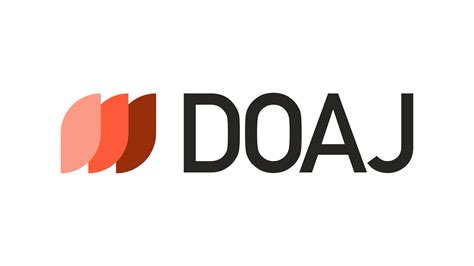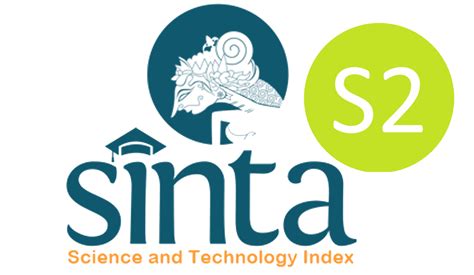Jurnal Pendidikan Geografi: Kajian, Teori, dan Praktek dalam Bidang Pendidikan dan Ilmu Geografi
About Journal
Jurnal Pendidikan Geografi: Kajian, Teori, dan Praktek dalam Bidang Pendidikan dan Ilmu Geografi publishes original research articles, conceptual papers, and literature reviews in the fields of geography and geography education in English. This journal is follow the principles of the Committee on Publication Ethics (COPE).
- Journal History
- Contact Information
- Publication Schedule
- Speed/ Acceptance
- Language
- Digital Archiving
- Advertisement
- Revenue Sources
- Direct Marketing
- Target Readership
Journal History
Jurnal Pendidikan Geografi: Kajian, Teori, dan Praktek dalam Bidang Pendidikan dan Ilmu Geografi was established in print since 1995 and online since 2015 with a biannual publication frequency. In 2017, the journal was nationally accredited at Sinta Level 4, from 2018 until 2020, the journal was nationally accredited at Sinta Level 3, and from 2021 until 2026, the journal achieved an upgraded accreditation status of Sinta Level 2.
Contact Information
Principal Contact
Address: Semarang St. No 5, Malang, Indonesia
Email: jpg.journal@um.ac.id or betty.masruroh@um.ac.id
Publication Schedule
This journal published regularly twice a year in:
- January
- July
Important Dates:
- Paper submission date: Anytime
- Acceptance notification: hopefully in 5–6 weeks from submission date
Speed/ Acceptance
- 20 days average from submission to first editorial decision
- 60 days average from editorial acceptance to publication
Language
The publication language of the journal is English.
Digital Archiving
The journal is digitally preserved through the Internet Archive, ensuring long-term accessibility of its published content.
Each article is also assigned a Digital Object Identifier (DOI) from CrossRef, providing a permanent and reliable means of citation and retrieval.
Advertisement
The journal does not accept adverts from third parties.
Revenue Sources
This journal is financially supported through institutional support and author fees. We ensure that the availability of institutional funding or the payment of author fees, or even waiver status, does not influence editorial decision-making in any way. All submissions undergo a rigorous and impartial peer-review process to uphold the highest standards of academic integrity
Direct Marketing
This journal conducts direct marketing activities in a targeted and professional manner. Occasionally, we publish Call for Papers announcements on the journal’s website and/or send them via email to relevant researchers and scholars. All information provided about the journal and publisher is accurate, truthful, and not misleading. We ensure that our outreach efforts remain appropriate and unobtrusive, respecting recipients' preferences and professional engagement.
Target Readership
Jurnal Pendidikan Geografi: Kajian, Teori, dan Praktik dalam Bidang Pendidikan dan Ilmu Geografi is intended for a broad audience interested in the advancement of geography education and research. The journal welcomes contributions from academics, educators, and professionals engaged in the teaching, study, and application of geographical knowledge. Its primary readership includes university faculty, lecturers, and researchers specializing in geography, geography education, and environmental sciences, as well as scholars conducting research in spatial education, sustainability, and disaster education. It also serves geography educators at all levels, primary, secondary, and higher education, including curriculum developers and teacher trainers focused on innovative pedagogical strategies.
In addition, the journal is relevant to policymakers, government agencies, and educational institutions seeking to improve geographic literacy and education standards through evidence-based approaches. Curriculum developers and textbook authors will find it particularly useful for integrating research findings into instructional materials. Graduate and postgraduate students, along with early-career scholars, are also part of the journal’s audience, especially those exploring theories and practices in geography education. The journal further appeals to professionals in environmental and spatial studies, such as sustainability experts, spatial planners, and members of NGOs involved in disaster education and climate awareness, who apply geographic concepts in real-world contexts.
By offering theoretical insights, empirical research findings, and best practices, the journal promotes interdisciplinary dialogue between geography and education, aiming to enrich both academic inquiry and classroom practice.
Indexed in




